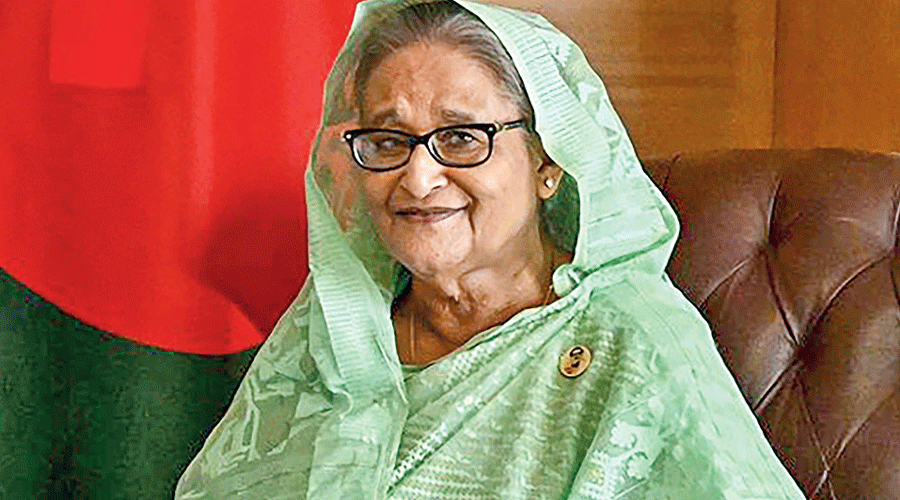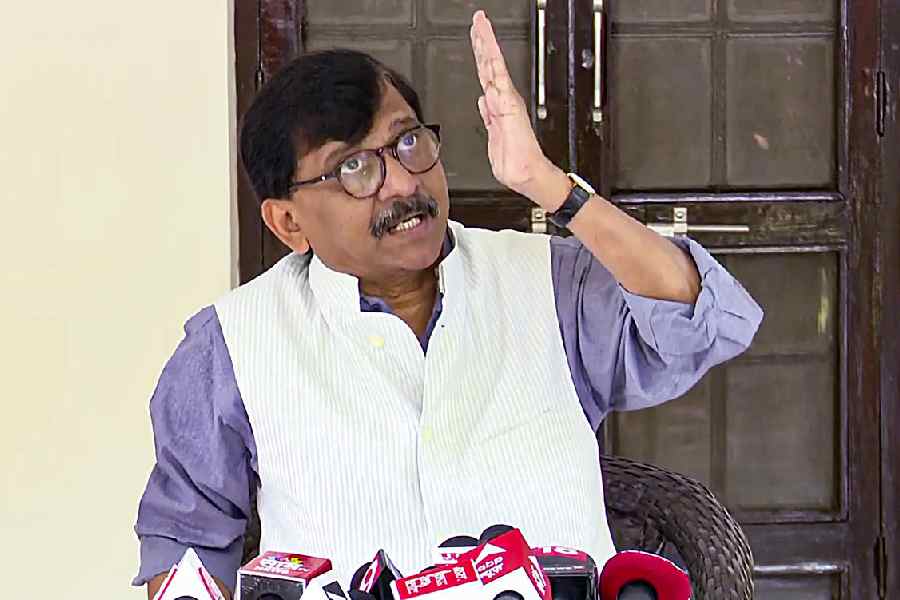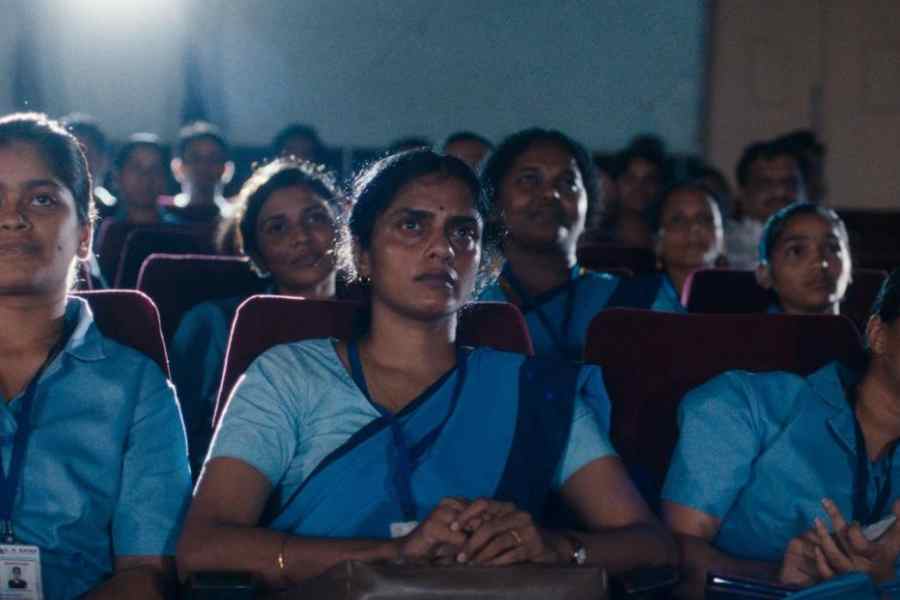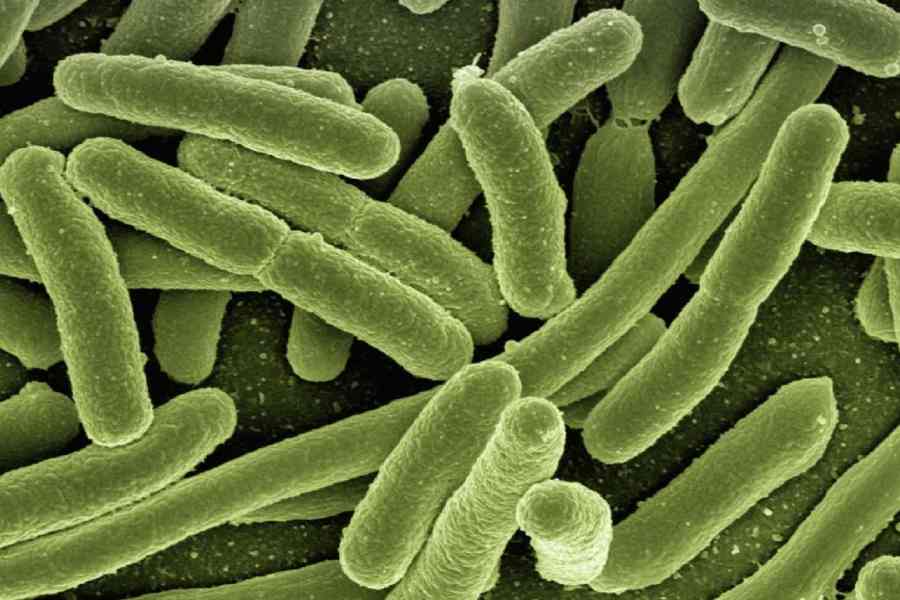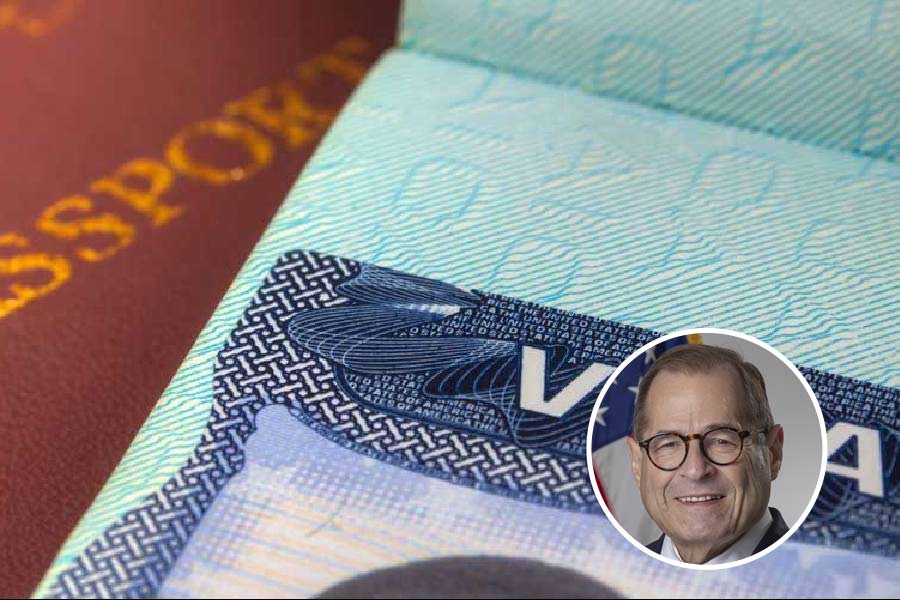The Sheikh Hasina government has invited the chief ministers of the seven Northeast states, along with G. Kishan Reddy, the Union minister for development of the North East Region (DoNER), to Dhaka to discuss how Bangladesh can play a role in facilitating economic development in the northeastern region of India.
The invitation was extended during Hasina’s recent visit to India, Shariar Alam, minister of state for foreign affairs, Bangladesh, told visiting Indian journalists in Dhaka on Saturday.
“Our Prime Minister has conveyed to India during various bilateral meetings that we want to facilitate the economic development of the region after doing our bit to ensure stability in the region. She stressed that now that the region has got stability, the second phase of the journey should begin,” said Alam.
“That’s why we have invited the chief ministers of the Northeast states and the DoNER minister, along with senior officials, at least for a three-day visit to Bangladesh.… They have agreed. We are waiting for them,” he added while speaking at a media dialogue organised by the Editors’ Guild in Bangladesh to discuss the various aspects of the recent visit of Hasina to India.
Although the Opposition parties in Bangladesh have criticised Hasina for returning “empty-handed”, Alam said that the four-day visit had been one of the most successful bilateral visits in recent times.
The joint statement during the state visit outlined that the two countries had decided to expand the scale and scope of engagement in an entire gamut of areas, including political and security cooperation, defence, border management, trade and connectivity, water resources, power and energy, development cooperation, cultural and people-to-people links. The two sides also agreed to collaborate in new areas of cooperation, such as environment, climate change, cyber security, ICT, space technology, green energy and the blue economy.
“Joint statements do not always capture everything.... At times, the two sides do not agree on some words and then the topic is not included,” said Alam while explaining that though the discussions on India-Bangladesh cooperation for economic development of the Northeast region wasn’t included in the joint statement, it was a “significant development”.
According to Alam, the trigger behind Dhaka’s invite to the chief ministers of Assam, Tripura, Meghalaya, Manipur, Mizoram, Nagaland and Arunachal Pradesh was Reddy’s proposals — during his meeting with Hasina — on what Bangladesh can do to facilitate the development of India’s Northeast states.
“She was in agreement with the DoNER minister and she thinks that there are opportunities for Bangladesh as well in this co-operation.… That’s why she said that our country would do its bit for the economic development of the region,” said Alam.
“I took the permission of the Prime Minister and conveyed to him our appreciation for the minister’s interest for the North Eastern Region though he is someone from the southern parts of India…. We understand from our own experience of Chittagong Hill Tracts (a backward region in Bangladesh), that one requires special interest and passion to steer development,” he added.
India has been stressing for the past few years that enhancing comprehensive connectivity between the two countries through the Northeast is an important aspect of bilateral cooperation, and both Delhi and Dhaka have unanimously claimed that “significant progress” has been made in recent years, which will result in win-win outcomes for both the countries.
Recently, Mitali Express from New Jalpaiguri to Dhaka through Haldibari-Chilahati started operating — the third passenger rail service between the two countries.
Besides, the construction of the Maitri Setu on River Feni in Sabroom has been completed and the Royal Maitri International bus services from Tripura to Calcutta via Bangladesh have also started. The two countries have also signed an MoU to facilitate temporary transit of petroleum, oil and lubricants and liquefied petroleum gas products through Bangladesh to the Northeast.
Some experts believe that connectivity through Bangladesh can be a game-changer for the region as transportation from India’s mainland to the remote areas in the Northeast will be faster and cheaper, which will also result in economic gains for the neighbouring country.

